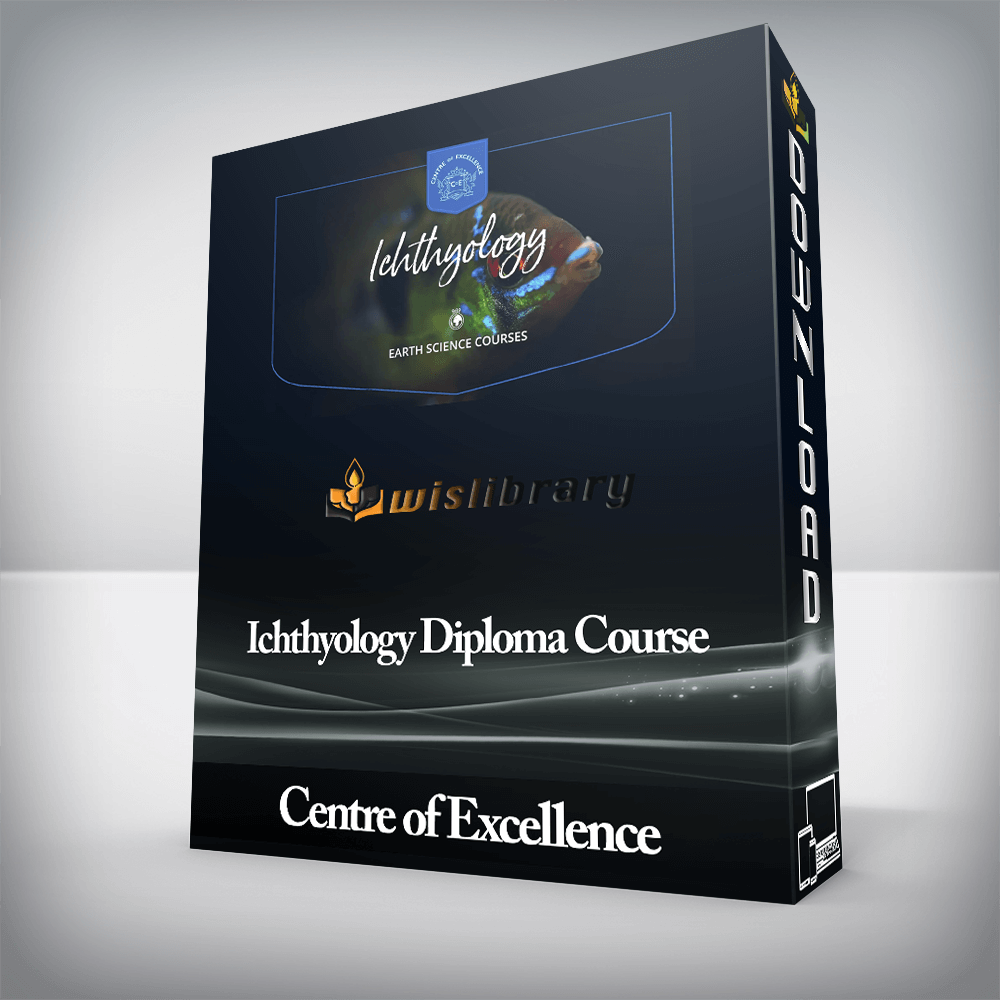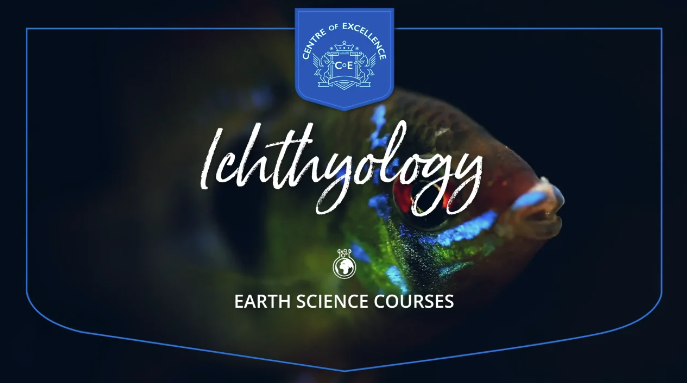

A broad field of science defined as the study of all things fish, ichthyology is a branch of zoology that studies vertebrate organisms with physiological structures like gills, scales, and who inhabit aquatic environments.
Studying the Ichthyology Diploma Course, you’ll learn about the various classifications, characteristics, and types of fish, how fisheries operate, and the ecological significance of fish and the impact that climate change is having on them.
The course begins with the basics of ichthyology – what fish are, where they live, and the properties of the water they inhabit. We’ll examine the evolutionary process of fish, the five classes into which they are divided, how to differentiate between different types, their morphological and physiological characteristics, and reproductive processes.
We’ll explore the effects of overfishing, the advantages and disadvantages of aquaculture, and statistical applications within fishery science. We’ll also examine the biological pump, the ecological significance of fish, how agents of climate change affect fish and anthropogenic influences on the environment.
By studying this course, you will:
What will I learn on the course?
Whether you’re looking for an introduction to ichthyology with the intention of taking your studies further or would just like to gain a better understanding of the natural world, you’ll learn about fish of all varieties and their ecological role in Earth’s biomes.
There are no reviews yet.
You must be <a href="https://wislibrary.net/my-account/">logged in</a> to post a review.